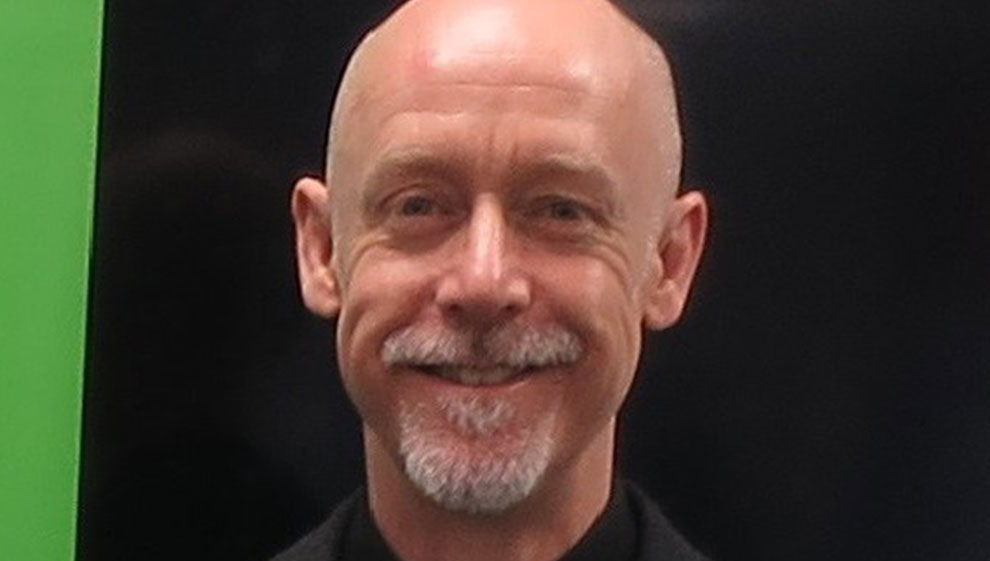“Asking for help is scary, but worth it”
- Overview
- Full article
- Related articles

What was your situation?
There’s a vivid and personal example in my life where I found it difficult to ask for help with my health. One quiet Sunday afternoon, I heard this almighty crash outside my flat and immediately went outside to see if I could help. I was the first person to the scene and a lady had been involved in a serious accident. I did everything I could before an ambulance arrived, but sadly it wasn’t a happy ending.
Over the next few weeks, the event caused me to become increasingly self-critical, my mood plummeted, and I started getting very vivid and unpleasant images of what I’d seen. They just wouldn’t leave my head, which caused my sleep to totally deteriorate.
Did you seek help/support and from whom? Did you do this straight away or did something stop you seeking help?
When suicidal ideas started to appear my head, I decided to book an appointment with my GP to ask for his help.
At the time, I was working as a Psychiatric Nurse on a very busy acute admission ward. Because of this, I felt a sense of shame in thinking that I should somehow be immune from developing any mental health problems, as I worked in this field. I remember how strong my fear was as I walked towards the GP surgery. What would happen? What were the implications for my career?
The appointment went past in a flash. I was open and honest about what I was struggling with and came away with a prescription for antidepressants and a doctor’s note requesting me to take several weeks off work. However, being off work gave me too much time to think and this really wasn’t helping. So, I started to keep myself occupied each day with a new woodworking hobby.
I wanted to tell my friends about the difficulties I was having with my emotions, and that I’d been signed off work with anxiety and depression. It felt so nerve-wracking and dramatic to say it out loud, but they listened and were great about it. They didn’t make it into a big deal – they were understanding, said they were sorry to hear what I was going through and helped me back into the usual activities I’d withdrawn from. Then next thing I knew, we were all sat around a campfire in a forest swapping stories and it was exactly what I needed. It was the first time I’d felt a glimmer of normal feelings starting to return.
How did you feel after you sought help/support?
I decided to continue trying to do usual things, nice things, life-enhancing things whenever I could. Those glimmers of ‘normal’ would sometimes occasionally show up and be a bit overwhelming at first. I remember hearing a group of drummers on the street and tears just flowed down my face. I felt so happy to hear the beauty of their music and it was such a contrast to how dark and pointless life had felt to me.
The tablets appeared to do nothing at first except make me feel nauseous, accompanied by a thrumming throughout my body, like a nearby generator was making everything vibrate just slightly. Fortunately, I knew from work that eating just half a biscuit would have the paradoxical effect of taking the nausea away. Multiple weeks later, I started to see changes happening in my way of thinking. I would suddenly find myself thinking of solutions to ongoing problems, instead of thinking only about the problems. The solutions seemed so obvious now. Why on earth hadn’t I thought of that before? It felt weird to start noticing this, but absolutely excellent.
Did you feel it helpful to be open with people you knew?
When I returned to work, I was so worried about how my colleagues would be with me. I remember thinking, should I be honest? Should I say something had been wrong with my physical rather than my mental health? I decided to take the lead from a member of my senior management team – he’d been ill, far worse than me, and ended up needing to be in hospital for a while. I recalled his incredible honesty when he came back to work – openly talking about his experiences, the difficulties he’d had with being an inpatient, as well as with some of his treatments. I decided to follow his lead and was so glad that I did. My colleagues were wonderful, so considerate and understanding – it made getting back to work much easier.
Did you use any Nuffield Health services?
I now find my first-hand experience assists me in the work I do as a therapist, for I know the power of the tools I share with others – not just in theory, but from first-hand experience. If you’re feeling not yourself, be open and tell the people you know and work with. If I had access to Nuffield Health services back then, I definitely would have used them. It's important to act if you're feeling how I did. We offer some great support and we’re here to help you.
I wish the situation was different for the lady outside of my flat, but if I could say anything, I’d like her to know that it’s helped me become a better therapist and a better human – and that I’m at using the experience of this event to share guidance and help improve the lives of others.
Life can be difficult and present challenges. These challenges can often lead to stress, anxiety or distress. If you have started to worry about your mental health or want to make a change but don’t know where to start, our therapists are here for you.
Last updated Friday 12 November 2021
First published on Monday 14 June 2021
